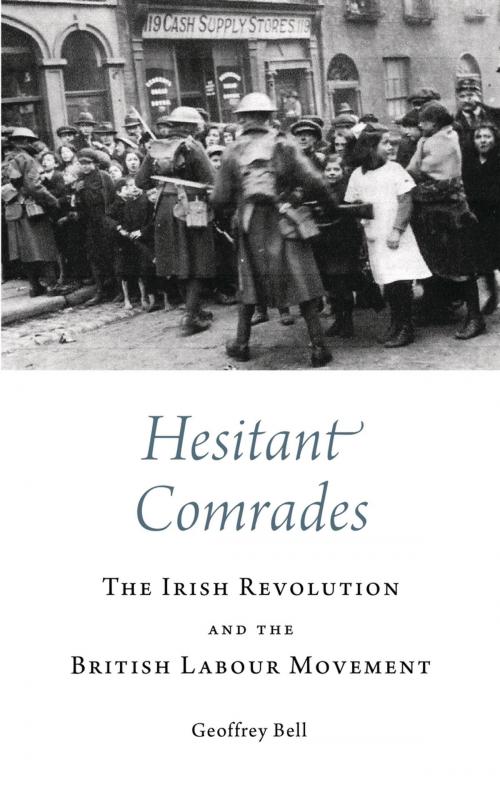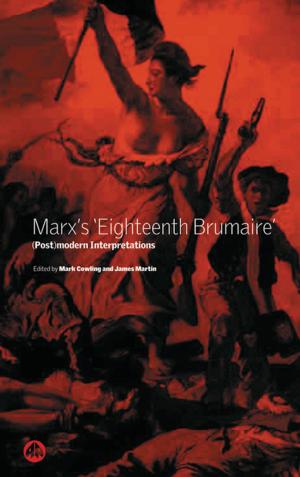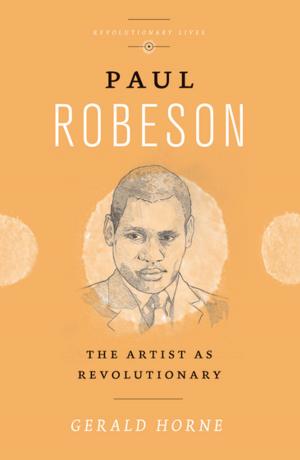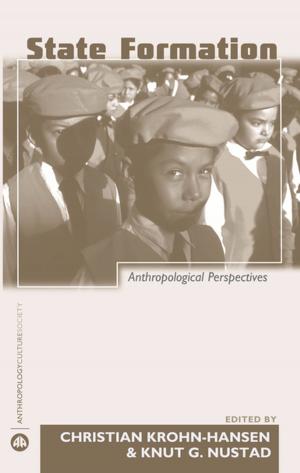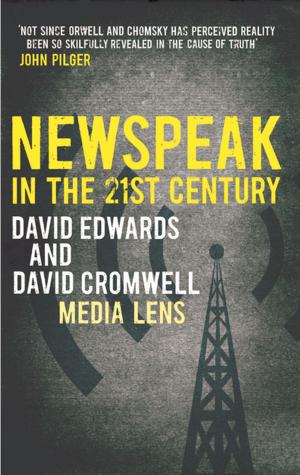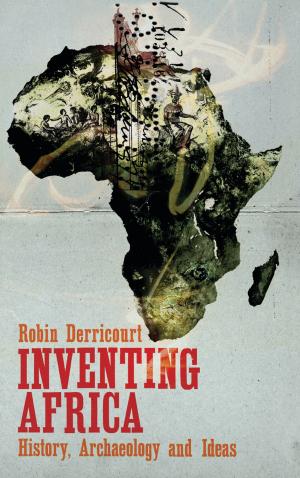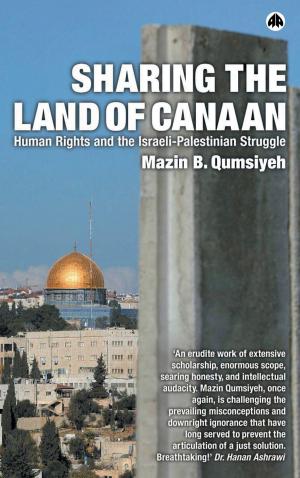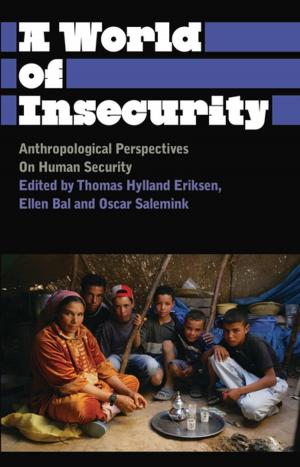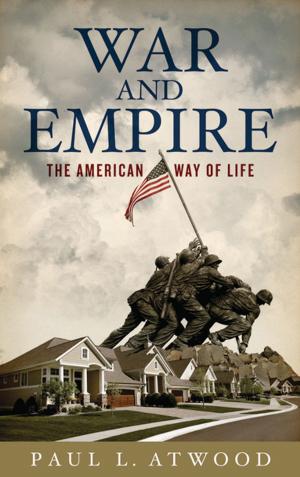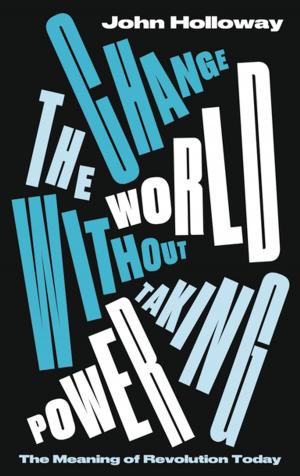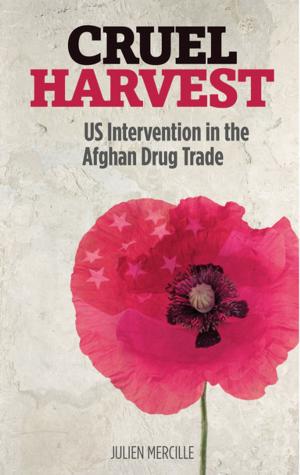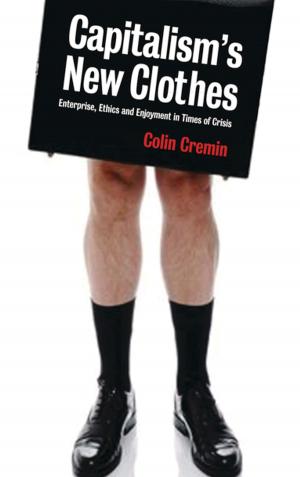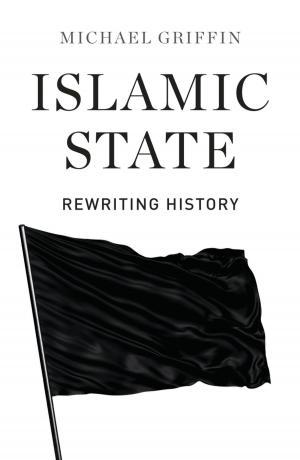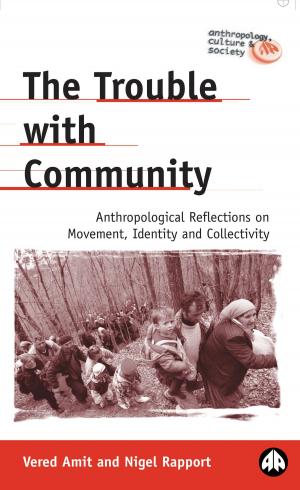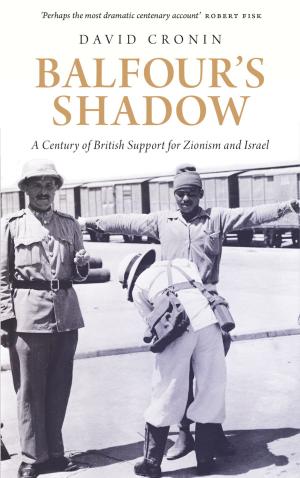| Author: | Geoffrey Bell | ISBN: | 9781783717415 |
| Publisher: | Pluto Press | Publication: | February 20, 2016 |
| Imprint: | Pluto Press | Language: | English |
| Author: | Geoffrey Bell |
| ISBN: | 9781783717415 |
| Publisher: | Pluto Press |
| Publication: | February 20, 2016 |
| Imprint: | Pluto Press |
| Language: | English |
Geoffrey Bell's Hesitant Comrades is the first published history of the policies, actions and attitudes of the British working class towards the Irish national revolution of 1916-21.
Drawing principally on primary sources, Bell brings to light for the first time important incidents in British/Irish history, including how the leaders of British trade unions were complicit in Belfast loyalist sectarianism; the troubled nature of the Labour Party's relations with its Irish community; and how the Bolsheviks criticised British Marxists over their inaction on Ireland. The author also looks at socialist debates on the compatibility of Irish nationalism with socialism and the contentious 'Ulster question'. Participants examined range from Ramsay MacDonald to Sylvia Pankhurst.
Based on in-depth research - with sources ranging from newly discovered writings to reports of police spies - Hesitant Comrades is a scholarly, provocative and groundbreaking perspective on the fragile relationship between the British left and the Irish revolution.
Drawing principally on primary sources, Bell brings to light for the first time important incidents in British/Irish history, including how the leaders of British trade unions were complicit in Belfast loyalist sectarianism; the troubled nature of the Labour Party's relations with its Irish community; and how the Bolsheviks criticised British Marxists over their inaction on Ireland. The author also looks at socialist debates on the compatibility of Irish nationalism with socialism and the contentious 'Ulster question'. Participants examined range from Ramsay MacDonald to Sylvia Pankhurst.
Based on in-depth research - with sources ranging from newly discovered writings to reports of police spies - Hesitant Comrades is a scholarly, provocative and groundbreaking perspective on the fragile relationship between the British left and the Irish revolution.
Geoffrey Bell's Hesitant Comrades is the first published history of the policies, actions and attitudes of the British working class towards the Irish national revolution of 1916-21.
Drawing principally on primary sources, Bell brings to light for the first time important incidents in British/Irish history, including how the leaders of British trade unions were complicit in Belfast loyalist sectarianism; the troubled nature of the Labour Party's relations with its Irish community; and how the Bolsheviks criticised British Marxists over their inaction on Ireland. The author also looks at socialist debates on the compatibility of Irish nationalism with socialism and the contentious 'Ulster question'. Participants examined range from Ramsay MacDonald to Sylvia Pankhurst.
Based on in-depth research - with sources ranging from newly discovered writings to reports of police spies - Hesitant Comrades is a scholarly, provocative and groundbreaking perspective on the fragile relationship between the British left and the Irish revolution.
Drawing principally on primary sources, Bell brings to light for the first time important incidents in British/Irish history, including how the leaders of British trade unions were complicit in Belfast loyalist sectarianism; the troubled nature of the Labour Party's relations with its Irish community; and how the Bolsheviks criticised British Marxists over their inaction on Ireland. The author also looks at socialist debates on the compatibility of Irish nationalism with socialism and the contentious 'Ulster question'. Participants examined range from Ramsay MacDonald to Sylvia Pankhurst.
Based on in-depth research - with sources ranging from newly discovered writings to reports of police spies - Hesitant Comrades is a scholarly, provocative and groundbreaking perspective on the fragile relationship between the British left and the Irish revolution.
